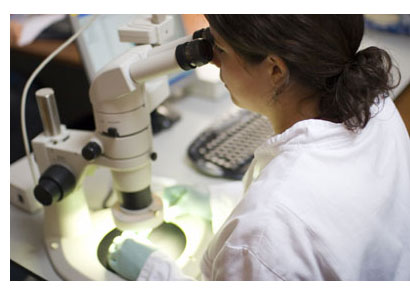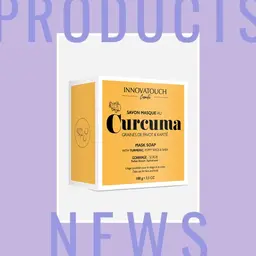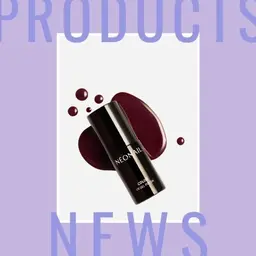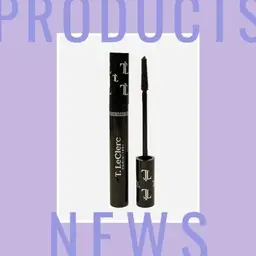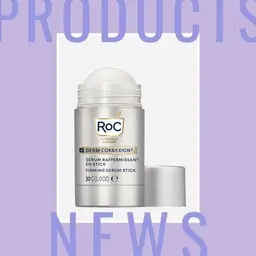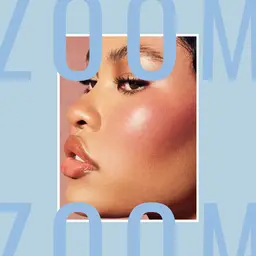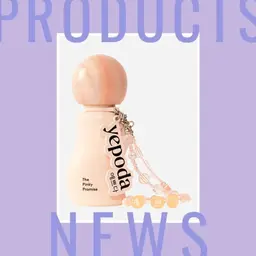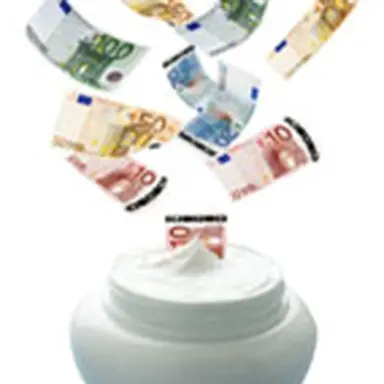
Does a price guarantee quality? One often gets the impression that “the more expensive it is, the better”. Otherwise, why would it be more expensive? But beware, in this case, good sense is not necessarily helpful. Indeed, the price of a cosmetic product depends on numerous factors, all of which are not objective. Here is an overview of the seven major points which determine the sales price of a product.
1 - The raw materials used
Obviously, quality ingredients are more expensive than “low-end” ones, especially if they are naturally-obtained, organic, derived from fair trade, or developed after long research work, such as targeted actives can be. So of course, it is only natural that the sales price of the final product is higher.
2 - Labour and manufacturing costs
These are always to be taken into account as well, and may vary if the manufacturer chooses to favour production in France, or elsewhere…
3 - Recouping R&D investment
The budget allocated to the “Research and Development” position may also have a lesser or greater influence, depending on whether the formula constitutes a real innovation, or if it is only a more or less improved reproduction (with a new fragrance, a different plant extract…) of a recipe that has already been tested.
It should be noted, and it is increasingly more visible, that some laboratories do not hesitate to render their formulas more profitable by making them available – exactly the same ones, or almost – to other brands, under different names… and prices, usually in separate distribution networks.
 4 - Packaging
4 - Packaging
Primary and secondary packaging does have a cost, …

